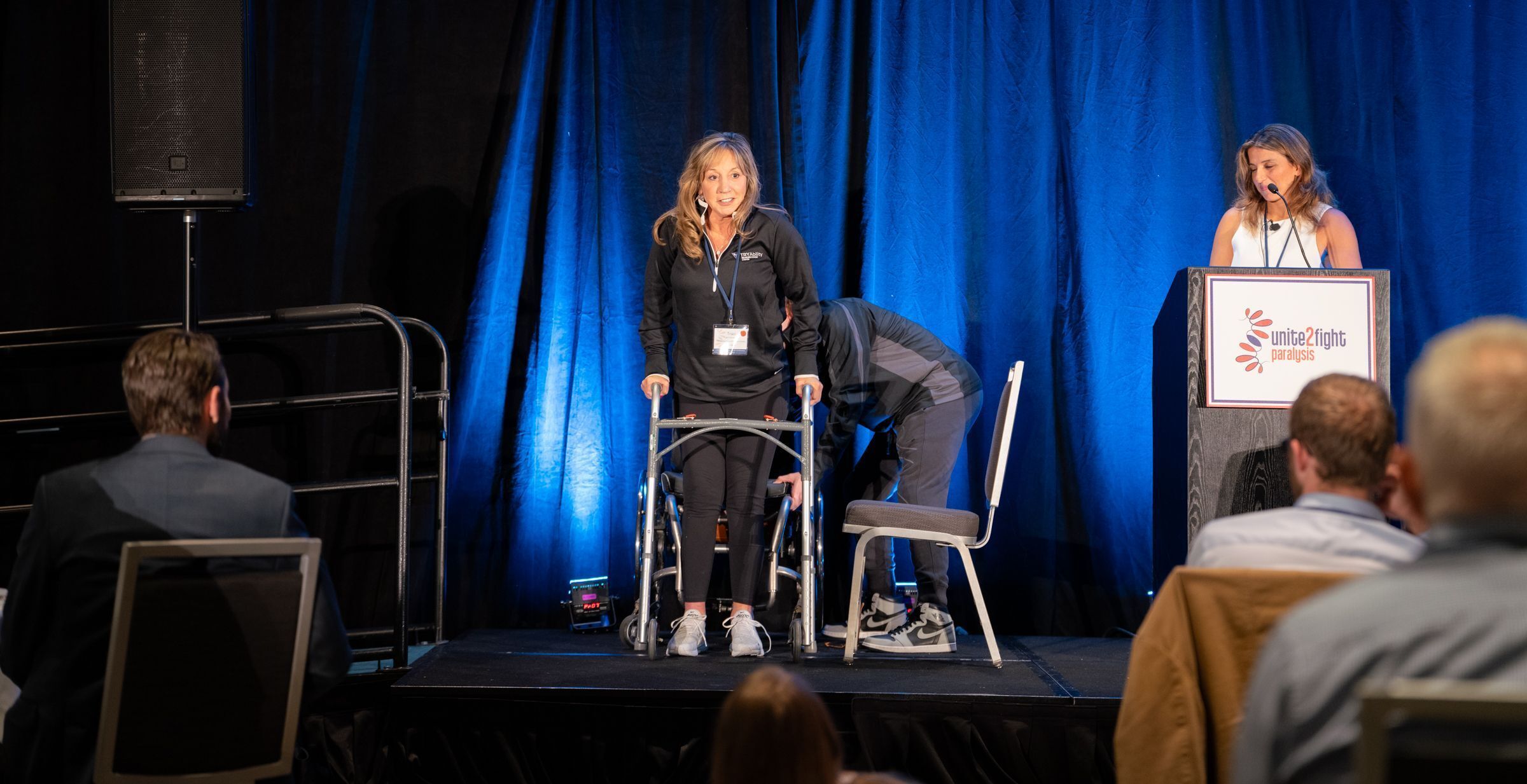
David Baker, PhD
Professor and Chair, Department of Biomedical Sciences, Marquette University
Abstract
From Bell Labs to the Brain: How the Creation of Biotechnology Units within Universities Can Enhance the Translation of Basic Research Advances to Improve the Treatment of CNS Disorders
The current structure of innovation, in which the federal government funds basic science at universities and the private sector translates new discoveries into impactful technologies, is failing scientists, the federal government, patients, and other stakeholders. According to economists, the current innovation ecosystem contributes to stagnant growth across many industries. However, healthcare, particularly in the realm of neuroscience, is among the most severely affected. While discoveries in neuroscience continue to rapidly advance our understanding of the brain, the negative societal impacts of CNS conditions have worsened during the 21st century. Neurological disorders are now the primary cause of disease burden worldwide. This presentation describes a novel approach for university neuroscience departments that promises to improve the translation of basic science discoveries into novel therapeutic strategies.
In this approach, the department creates large, team-based research initiatives that include not only basic science faculty, but also individuals with the expertise and methodologies needed for corporate approaches to applied research and technology creation. In doing so, universities would duplicate the success of Bell labs and other corporate labs of the mid-20th century that supported all phases of R&D beginning with basic research and culminating in technology creation. This approach allows departments to prioritize the development of products with the greatest societal impact, rather than focusing solely on financial return. It enhances the de-risking and validation of cutting-edge technology and approaches, and benefits from emerging federal efforts to expand university funding to include technology creation. Importantly, the approach builds a financial model in which technology-generated revenue seamlessly contributes to the sustainability of academic R&D. In the presentation, I will discuss an example of this structure, 4-Cyte Biotechnologies, that is being developed at Marquette University.
Bio
David Baker is a Professor and Chair of the Department of Biomedical Sciences at Marquette University. He received his PhD from Arizona State University and completed postdoctoral training with Dr. Peter Kalivas at the Medical University of South Carolina. Since joining Marquette in 2002, Dr. Baker has led an NIH-funded preclinical research program focused on the biological mechanisms underlying behavioral control and cognition. In 2007, he co-founded Promentis Pharmaceuticals, which developed a clinical-stage compound with a strong therapeutic and safety profile demonstrated in five clinical trials. Drawing on his experiences from Promentis and over 20 years of academic research, he is establishing a new research unit, 4-CYTE Biotechnologies, at Marquette to bridge the gap between advanced neuroscience discoveries and therapeutic development. His achievements have been recognized with the 2010 Daniel X. Freedman Award from the Brain and Behavior Research Foundation and a 2012 Milwaukee Health Care Award.






















